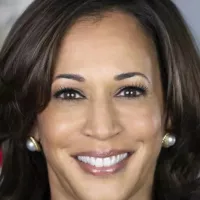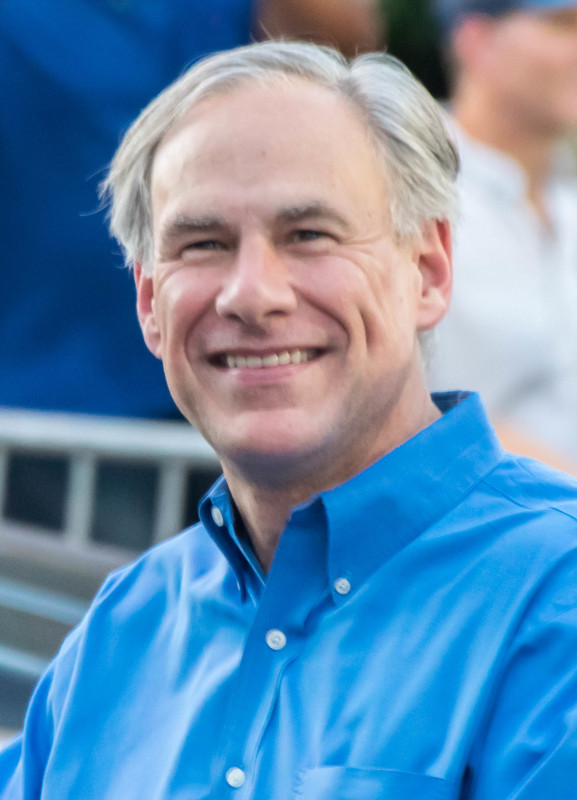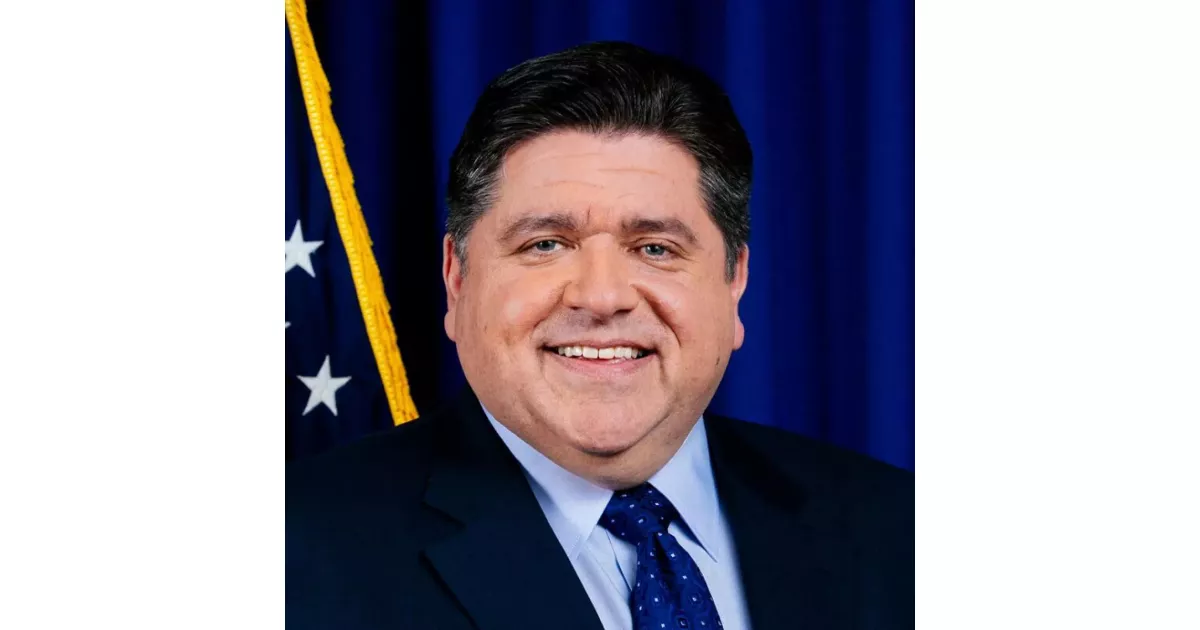Life is full of challenges, and JB Pritzker faced many. Discover key struggles and how they were overcome.
Jay Robert "JB" Pritzker is an American politician and businessman currently serving as the 43rd governor of Illinois since 2019.
1992: State representative Jan Schakowsky explored potential run for Congress
In 1992, state representative Jan Schakowsky similarly explored a potential run for if Yates were to retire, and similarly opted not to run once Yates announced his intention to seek reelection.
1994: Considered Congressional Run
In 1994, JB Pritzker considered running for Illinois's 9th Congressional District seat but ultimately did not run after the incumbent announced his intention to seek reelection.
1996: Explored Potential Run for Congress
In 1996, JB Pritzker again explored a potential run for Illinois's 9th Congressional District seat but decided against it after the incumbent announced his intention to seek reelection.
1998: Failed Congressional Run
In 1998, JB Pritzker ran for the U.S. House of Representatives in Illinois's 9th congressional district, but he lost in the Democratic primary.
2008: Campaign Contributions Discussion with Blagojevich
In 2008, JB Pritzker discussed campaign contributions and potential appointments with Rod Blagojevich, as revealed in a 2017 FBI wiretap.
May 2017: Release of FBI Wiretap
In May 2017, the Chicago Tribune published an FBI wiretap from 2008 of Pritzker and Blagojevich discussing campaign contributions and appointments, leading to controversy and criticism.
2018: Property Tax Controversy
During the 2018 campaign, the Chicago Sun-Times reported that Pritzker had intentionally caused a mansion he had purchased next door to his home to become uninhabitable by removing its toilets, leading to a property tax reduction. The Cook County inspector general accused Pritzker of a scheme to defraud the county. Pritzker reimbursed the amount of the property tax reduction, and federal authorities opened an investigation.
2018: Addressed FBI Wiretap Allegations
In 2018, during his gubernatorial campaign, JB Pritzker addressed allegations stemming from a 2008 FBI wiretap, defending his conduct and apologizing for controversial comments.
July 1, 2019: Illinois Gas Tax Increase Takes Effect
On July 1, 2019, the gas tax that funds the 2019 infrastructure plan, 38 cents per gallon and indexed to inflation, took effect. As of 2019, Illinois had one of the highest fuel taxes in the U.S.
March 13, 2020: Illinois schools closed due to COVID-19
On March 13, 2020, Governor Pritzker declared that public and private schools in Illinois would be closed from March 17 through March 31 in response to the COVID-19 pandemic.
March 16, 2020: Pritzker Limits Crowd Sizes to 50 People
On March 16, 2020, Governor Pritzker issued an executive order limiting permitted crowd sizes to 50 people in Illinois due to the COVID-19 pandemic. He also declined to postpone the state's March 17 primary elections.
March 20, 2020: Pritzker Issues Stay-at-Home Order for Illinois
On March 20, 2020, Governor Pritzker issued a stay-at-home order for Illinois, effective the next day, in response to the COVID-19 pandemic. The order required all non-essential businesses to close, while essential businesses such as grocery stores, gas stations, hospitals, and pharmacies remained open. The state government coordinated a public health response, working with the U.S. Department of Health and Human Services, Wal-Mart, and Walgreens to provide testing sites in Illinois's hardest-hit communities.
March 25, 2020: Illinois Tax Filing Deadline Extended and Emergency Assistance Programs Announced
On March 25, 2020, Governor Pritzker announced the extension of Illinois's tax filing deadline from April 15 to July 15 due to the COVID-19 pandemic. He also announced three new emergency assistance programs that allowed small businesses to access more than $90 million in aid.
April 23, 2020: Pritzker Extended Stay-at-Home Order with Modifications
On April 23, 2020, Governor Pritzker extended the stay-at-home order through May 29 with some modifications. Churches were prohibited from holding meetings with more than 10 people in attendance. Some churches defied Pritzker, held meetings, and filed federal lawsuits.
May 1, 2020: Statewide mask mandate
On May 1, 2020, Pritzker enacted a statewide mask mandate to curb the spread of COVID-19.
May 5, 2020: Pritzker Announces "Restore Illinois" Reopening Plan
On May 5, 2020, Governor Pritzker announced his reopening plan for Illinois, named "Restore Illinois." The plan consisted of five phases and divided the state's 11 existing Emergency Medical Services Regions into four reopening regions, allowing regions to reopen independently of one another.
July 15, 2020: New COVID-19 Mitigation Plan Announced
On July 15, 2020, Governor Pritzker announced a new COVID-19 mitigation plan for Illinois in the event of a resurgence of COVID-19. The metrics included a sustained increase in the 7-day rolling average positivity rate and either a sustained 7-day increase in hospital admissions or a reduction in hospital capacity. Another metric was three consecutive days averaging greater than or equal to 8% positivity rate.
December 4, 2020: Illinois to Receive Initial Doses of Pfizer's COVID-19 Vaccine
On December 4, 2020, Governor Pritzker announced that Illinois would receive 109,000 initial doses of Pfizer's COVID-19 vaccine once the U.S. Food and Drug Administration approved the vaccine.
February 26, 2021: Mass Vaccination Site at United Center Announced
On February 26, 2021, Governor Pritzker, along with other officials, announced that eligible Illinoisans could get vaccinated starting March 10 at a new mass vaccination site at the United Center. The Biden administration collaborated on this initiative.
July 29, 2021: Masks Required in State Buildings
On July 29, 2021, Governor Pritzker announced that everyone entering a state building in Illinois was required to wear a face mask, regardless of vaccination status, in response to the surge of COVID-19 cases.
August 5, 2021: Mask Mandates for Schools, Daycares, and Long-Term Care Facilities
On August 5, 2021, Governor Pritzker announced that face masks must be worn at all times while inside P-12 schools, daycares, and long-term care facilities in Illinois, regardless of vaccination status. He also announced that face masks were required for all P-12 indoor sports, and that all state employees in congregate facilities must be vaccinated by October 4.
August 26, 2021: Statewide Indoor Mask Mandate Reimposed and Vaccine Mandates Announced
On August 26, 2021, Governor Pritzker announced that a statewide indoor mask mandate would be reimposed in Illinois starting on August 30 to handle the surge caused by the Delta variant. He also announced a vaccine mandate for all education employees in P-12 and higher education statewide, as well as for all higher education students and healthcare workers. Anyone who did not get a COVID-19 vaccine by September 5 would have to do weekly COVID testing.
September 19, 2021: COVID-19 Vaccine Mandate Imposed for College Students, Educators, and Health Care Workers
On September 19, 2021, Governor Pritzker began imposing a COVID-19 vaccine mandate for college students, educators, and most health care workers in Illinois.
February 28, 2022: COVID-19 Restrictions Lifted
On February 28, 2022, Governor Pritzker lifted most of Illinois's COVID-19 restrictions, including the statewide mask mandate. This decision followed the CDC's issuance of new, more relaxed masking guidance.
July 14, 2022: COVID-19 Vaccine Mandate Lifted for College Students
On July 14, 2022, Governor Pritzker announced the lifting of the COVID-19 vaccine mandate for college students in Illinois.
January 20, 2023: Effingham County Judge Issues Temporary Injunction Against Assault Weapons Ban
On January 20, 2023, an Effingham County judge issued a temporary injunction preventing implementation of Pritzker's assault weapons ban. The Illinois Supreme Court later ruled the law constitutional.
2024: Possible VP Candidate
In 2024, Pritzker was mentioned as a possible running mate for Kamala Harris in her 2024 presidential campaign, but Minnesota Governor Tim Walz was chosen instead.
Mentioned in this timeline

Hillary Diane Rodham Clinton is a prominent American politician lawyer...

Kamala Harris is an American politician and attorney She served...

Greg Abbott is the th and current governor of Texas...
Pfizer Inc is a multinational pharmaceutical and biotechnology corporation headquartered...

Washington D C is the capital city and federal district...

Inflation in economics signifies an increase in the average price...
Trending

11 minutes ago Eileen Gu Dominates Halfpipe, Secures Gold and Sixth Olympic Medal in Career.
11 minutes ago Yamamoto Shines Before Classic, Ready for Dodgers; Eyes 2026 Dominance
11 minutes ago US-Mexico Military Cooperation: Bipartisan Effort Saves Exercise, Navy SEALs Train, Cartels Targeted.

12 minutes ago Paul Mescal and Gracie Abrams Make Red Carpet Debut at the BAFTAs 2026

2 hours ago Priyanka Chopra stuns in Dior and Gaurav Gupta at 'The Bluff' premiere.
2 hours ago Puerto Vallarta: Vehicle Fires and Roadblocks Disrupt Sunday Morning
Popular

Jesse Jackson is an American civil rights activist politician and...

Barack Obama the th U S President - was the...

Bernie Sanders is a prominent American politician currently serving as...

Ken Paxton is an American politician and lawyer serving as...

Michael Joseph Jackson the King of Pop was a highly...
WWE Raw a professional wrestling television program by WWE airs...
